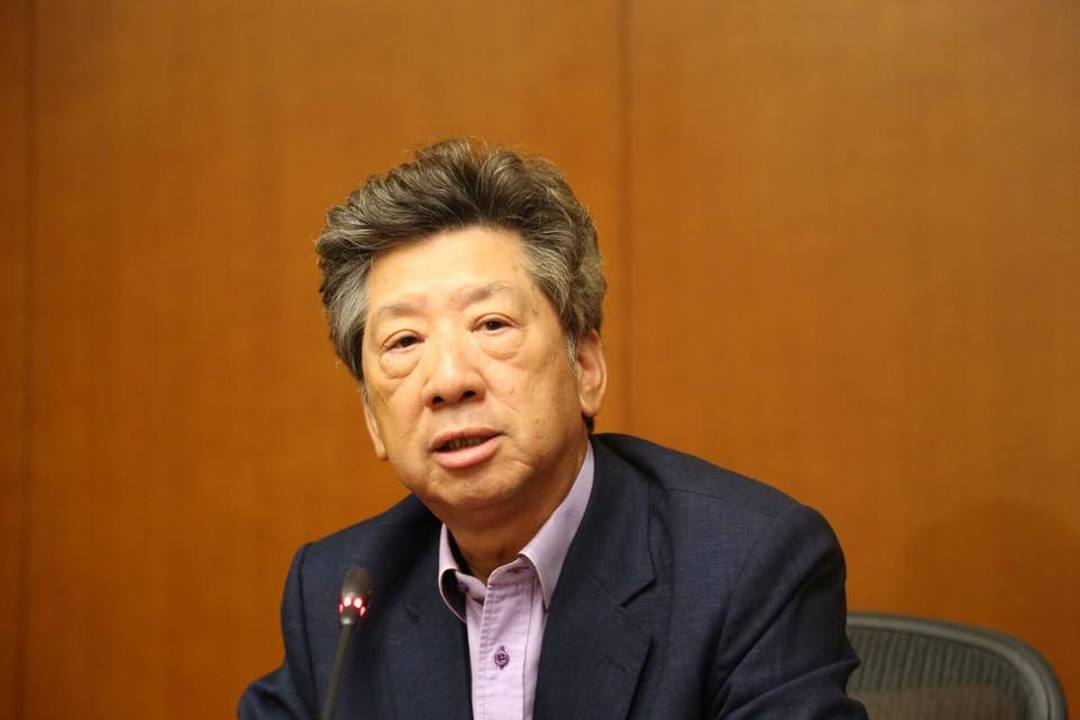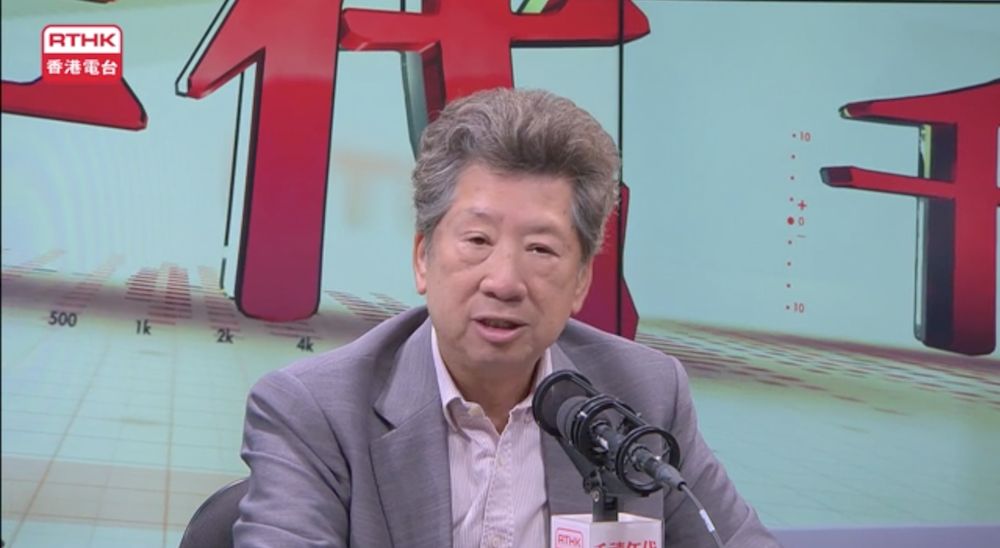Executive Council member and lawyer Ronny Tong has questioned Taipei’s decision to reject a proposal by Hong Kong that would allow a criminal to be extradited to Taiwan.
Taiwan’s Mainland Affairs Council – an agency under the Executive Yuan that handles cross-strait relations – said last week that it would not accept any rendition agreement as long as the Hong Kong government was operating under the “one-China” principle.

“The [Taiwanese] government will not accept any act that has the goal of destroying national sovereignty,” said Huang Ting-hui, the MAC official responsible for Hong Kong affairs. China disputes the sovereignty claim of Taiwan, which has been self-ruled since 1949.
The extradition controversy arose over the murder of Poon Hiu-wing, a pregnant 20-year-old Hong Kong woman who was killed during a trip to Taiwan last February. Hong Kong authorities arrested the woman’s boyfriend Chan Tong-kai in the city, but were unable to charge him with murder in local courts. He is currently being held on suspicion of other crimes.
Hong Kong’s proposal, which would work on a case-by-case basis, would allow the city to handle extradition requests from jurisdictions where there are no pre-existing agreements. Lawmakers have questioned whether the system would mean Hongkongers could be sent to the mainland over political crimes, but Secretary for Security John Lee had denied the possibility.
The proposal has been endorsed by Chief Executive Carrie Lam and pro-establishment lawmakers, but encountered resistance from Taiwan last Thursday.
Besides Huang, Ministry of Justice representative Liu Yi-jun said that Taiwan would be willing to deal with Hong Kong if both parties were on an equal footing. Liu said he would refrain from commenting on the proposal until details become clearer.
Members of Taiwan’s pro-independence New Power Party also voiced scepticism, saying that the system may lead to a repeat of a case involving democracy activist Lee Ming-cheh. Lee was jailed by mainland authorities in 2017 on charges of subverting state power.

“The amendment treats Taiwan as a part of the People’s Republic of China… could we still let over two million Taiwanese people go to Hong Kong every year?” said lawmaker Hsu Yung-ming.
New Power Party Secretary Chen Hui-min said that China could use economic crimes as a pretext to arrest dissidents.
‘Shocked’
On Tuesday, Hong Kong politician Ronny Tong – a member of the Executive Council and head of the pro-Beijing think tank Path of Democracy – said that Taiwan ought welcome the extradition proposal.
Tong said on a radio programme that the existing language of Hong Kong law should be more embarrassing to Taiwan, because it uses the language of the one-China policy to exclude it.
The current law states that an extradition policy applies to “the [Hong Kong] government and the government of a place outside Hong Kong (other than the Central People’s Government or the government of any other part of the People’s Republic of China).” However, the amendment would remove the clause contained in parentheses.

“I really don’t understand why they have objections, and I am very shocked. I hope the people commenting on the proposal would actually read the legal clauses,” he said.
He also dismissed concerns over China’s judicial system: “There are very detailed and extensive safeguards to prevent anyone with [a] political background to be transferred… so I think the opposition at this moment is rather irrational.”
Tong’s sentiments were echoed by Secretary for Security John Lee, who had earlier reassured the public that a person would not be extradited to mainland China if the courts believed that the relevant offence was of a political nature.
